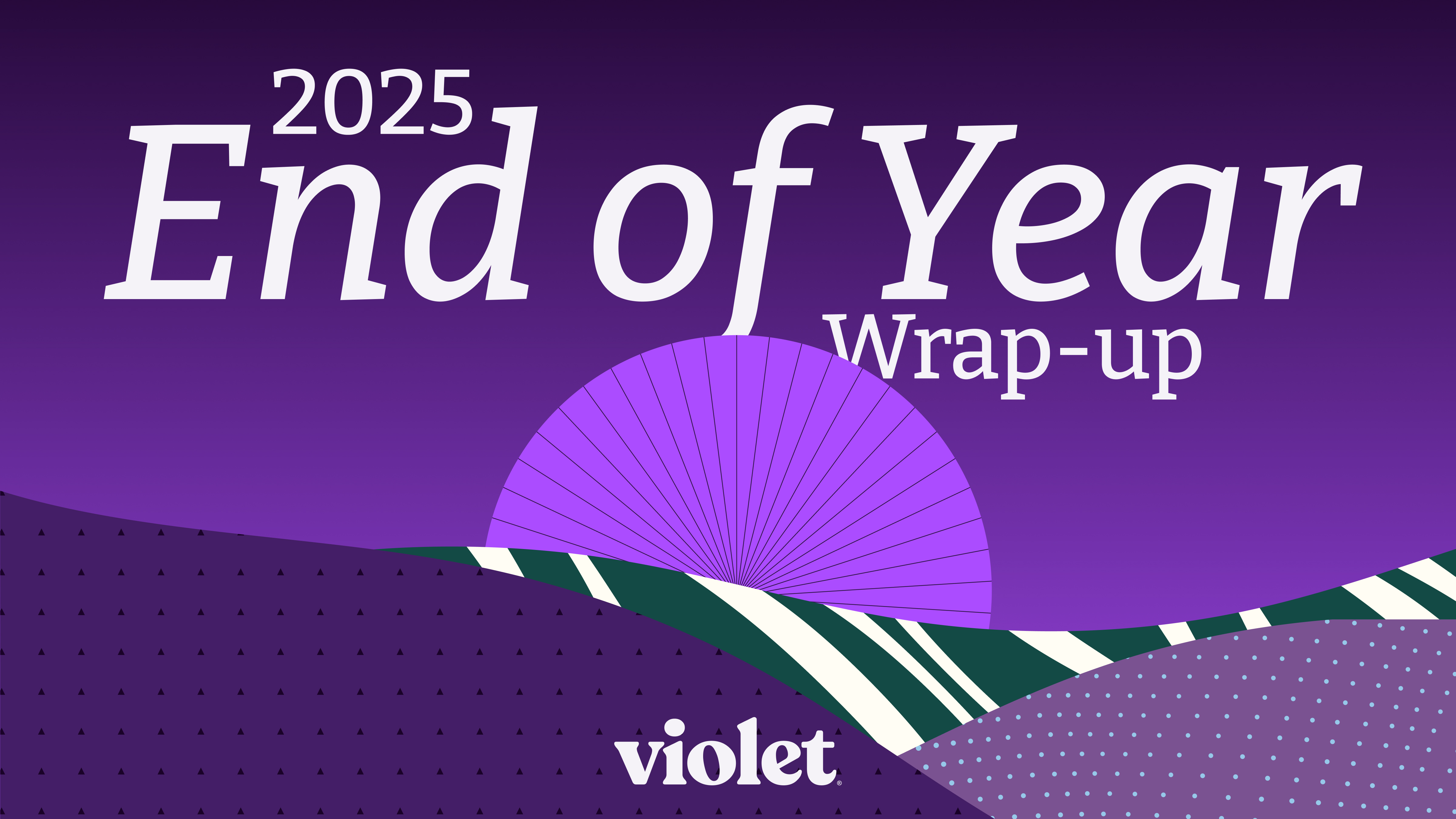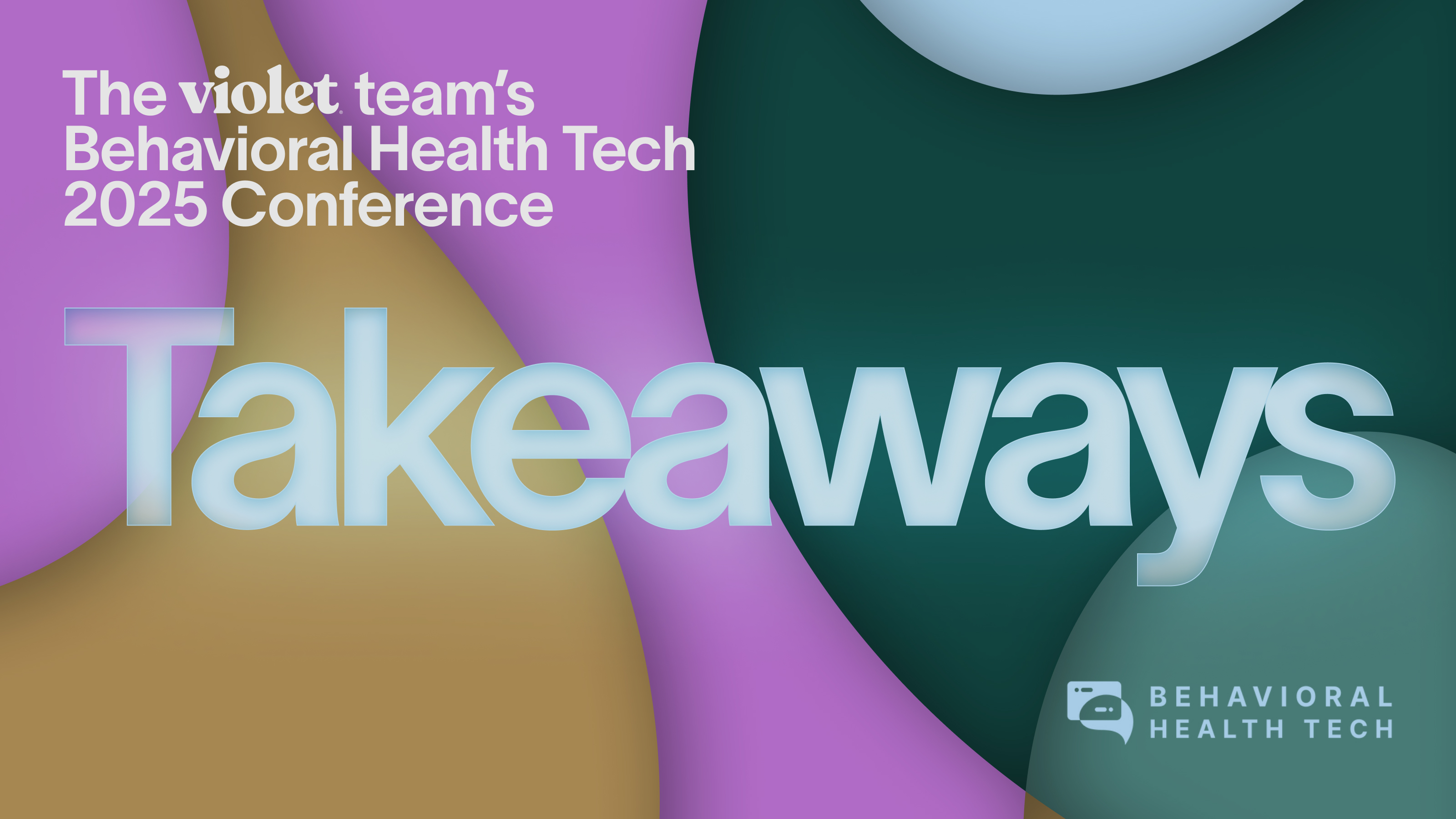It’s important to remember us, but fight for trans people while we’re alive.
Today is Transgender Day of Remembrance, a day that highlights the lives taken by anti-transgender bigotry and violence.
It was founded in 1999 by a small group, including Gwendolyn Ann Smith, to honor and memorialize the murder of transgender woman Rita Hester in Allston, Massachusetts.
Transgender Day of Remembrance emphasizes the reality and the conditions of trans people, and the continuous fight we endure in order to thrive in a world that would rather deny or eliminate our existence.
This day holds a lot of weight for the trans community: although it is necessary and important to honor those lives taken from us, it’s also one of many harsh reminders of how hostile the world is to trans people.
From a lack of job stability, health care, and housing security, to domestic abuse and hate crimes, transgender people experience violence at much higher rates than cisgender people.
Beyond remembering the lives we lost, it is equally important to advocate for trans people while we’re still alive.
In our current political climate, there continues to be a rise in anti-trans legislation and rhetoric.
Politicians across the United States have weaponized the trans identity and enabled a culture that inherently sees trans people as a threat (to be eliminated).
This feeds into the fear held by so many Americans who simply don’t understand what it means to be trans. It enables transphobia as not only a personal justification for violence against us but also an ideology to build laws and structures that eliminate and exclude us.
These legislations and ideals have a direct impact on the trans community, all the way down to the individual. It consecrates a world that makes it increasingly hard for us to see ourselves belong.
With an increase in anti-trans legislation and rhetoric, many trans people are forced to resort to hiding, or brought to suicidal ideations that are already so prevalent among trans people.
According to the National Center for Biotechnology Information, “Data indicates that 82% of transgender individuals have considered killing themselves and 40% have attempted suicide, with suicidality highest among transgender youth.”
My journey being trans and non-binary.
As indicated in the statistic listed above, it is incredibly difficult to be anything other than cisgender in a world that denies my existence or begs me dead.
I came out as trans and non-binary two years ago, and I’m in the process of continuing to discover what that looks like, and how and if I want to undergo medical transition.
It’s been an important part of my journey to resonate with other trans leaders and individuals. I can count on them for guidance.
In my search for trans community members and mentors online, what I see in the comments section of their blogs and social medial posts…it has me questioning my place in this world.
People’s blatant transphobia online, to wish trans people dead, to call us “disturbed” or “monstrous,” is incredibly painful.
The reality is that transphobia is normalized and sanctioned in our world. And it’s to a viciously visceral degree: trans people are easily positioned as the enemy, the villain, the predator, oppositional to progress (even though we embody liberation in such clear and bold ways), or we simply don’t exist.
Why are my only options for existing in this world to be invisible, or a monster?
Trans people deserve to experience a world that reflects our profound beauty.
Trans people push the boundaries of what we’ve been told we can and cannot be.
Transness is an unraveling, a refusal to measure ourselves against standards that we had no stake in defining.
I experience transness as an expansive and transformative force, one of listening into the unique truth of who I am, as my transness exists now and as it changes.
Transness begs the question, “Who are you when you are free?”
How to honor trans people.
Trans people are important members of society on the basis of being human alone, but beyond that, we offer up an example of what it means to be self-defining and liberated.
In the words of author, poet, and comedian Alok V Menon, “We represent possibility. We represent choice, being able to choose a life, a way of living, a way of loving, a way of looking that’s outside of what we’ve been told that you should be.”
The acknowledgment of the human experience as one of divine agency is mastered by trans people against all odds.
We offer an anecdote to the poison of cis-heteronormativity and white supremacy that constricts and imprisons all of us. It is for this reason that we present a threat to structures of power.
I hope one day that our freedom stops being a threat, rather I hope that it inspires you.
Although transphobic violence and anti-trans ideology and legislation affect all trans people, It is important to make some distinctions.
The largest impact of this violence is proven to be experienced by trans women of color, especially Black trans women.
85 percent of reported deaths in our community this past year were of trans women, with 70 percent of them being black.
Intersectionality and nuance is always important to mention when discussing trans issues.
With Black trans women experiencing misogyny, racism, and transphobia simultaneously (also known as transmisogynoir), it is deeply important to position ourselves to protect Black trans women with even more passion and dedication.
To liberate the most marginalized is to liberate us all.
Here are the beautiful trans people to remember this year–the majority of whom were Black trans women.
Never forget.
In Memoriam.
Honoring the transgender lives taken from us in 2022:
- Ace Scott
Kansas City, Mo
- Acey D. Morisson
Rapid City, SD
- Amariey Lej (Myara)
Pittsburgh, PA
- Angel Naira
Aliquippa, PA
- Ariyanna Mitchell
Hampton, VA
- Brazil Johnson
Milwaukee, WI
- Brent Wood
Seattle, WA
- Chanelika Y’Ella Dior Hemingway (“Sid)
Albany, NY
- Cherry Bush
Los Angeles, CA
- Cypress Ramos
Lubbock, TX
- Danyale Johnson
Memphis, TN
- Dede Ricks
Detroit, MI
- Deedee Hall
Dallas, TX
- Duval Princess
Jacksonville, FL
- Fern Feather
Morristown, VT
- Hayden Nevah Davis
Detroit, MI
- Jasper Aaron Lynch
Mclean, VA
- Jenny DeLeon
Sulpher Springs, FL
- Kandii “Dee Dee” Reed (Kamila Marie Swann)
Kansas City, MO
- Kathryn “Katie” Newhouse
Canton, GA
- Keshia Chanel Geter
Augusta, GA
- Ke’Yahonna Stone
Indianapolis, IN
- Kitty Monroe
Cordova, TN
- Maddie Hofmann
Malvern, PA
- Marsiela Castro
Houston, TX
- Marquiisha Lawrence
Greenville, SC
- Martasia Richmond
Chicago, IL
- Martina Caldera
Channelview, TX
- Matthew Anthony Spampinato
New Castle, DE
- Mila Love Parker
Chester, PA
- Naomie Skinner
Highland Park, MI
- Nedra Sequence Morris
Opa-Locka, FL
- Nikai David
Oakland, CA
- Nikki Turietta
Albuquerque, NM
- Paloma Vasquez
Houston, TX
- Paris Rich
San Diego, CA
- Princess
Houston, TX
- Ray Muscat
Independence TWP., MI
- Regina Mya Allen
Milwaukee, WI
- Sasha Mason
Zebulon, NC
- Semaj Billingslea
Jacksonville, FL
- Shawmaynè Gislle Marie McClam
Gulfport, MS
- Tatiana “Tee Tee” Labelle
Chicago, IL
- Tiffany Banks
Miami, FL
- Toi Davis
Milwaukee, WI
- Za’niyah Williams
Houston, TX
There are most likely many other individuals not on the list because violence is underreported.

.svg)





.png)



.png)

.svg)



.svg)

